If you’re feeling this way, and trust me I can relate, may I make a suggestion? STOP! That’s right, I mean you Mom running around trying to get all the errands done before school lets out. That means you too Dad, organizing the kids for hockey while also trying to help the others finish their homework. Whatever your family’s particular rhythm, just STOP for a second.
So many of us fall into the trap of the routine. Routines help us function in our everyday life. If we had to make a new decision about everything, everyday we’d go crazy. However, when we fall into the trap of routine, then time can fly by without us noticing it and we miss being present in the moment. For anyone who practices mindfulness, or has read some Buddhist philosophy, you will know how important it is to be in the moment.
KEEP ON GROWING! If I can help you with this or any other aspect of your health you’re looking to improve, you know where to find me ;)
0 Comments
Well that has to do with the composition and state of the small and large intestine. There’s anywhere from about 10-100 billion microbes present in the small and large intestine. This helps us understand why giving a probiotic or eating fermented foods makes a difference, because there’s enough probiotics present in the average capsule to replenish and encourage growth of good bacteria. Also, the small intestine is approximate 20 ft long, so it houses about 95% of the bacteria that live in our intestines. The large intestine on the other hand is only 4 ft long, but because things are moving much slower through the large intestine the bacteria layer in the mucosa can be up to 200 cells thick, compared to 1 cell thick in the small intestine. This allows this shorter stretch of organ to still accommodate 10-100 billion microbes. Research: As I mentioned before there are many studies that have been done and are currently being done on the effects of probiotics and the microbiome as a whole. If you did a simple google or pubmed search you would come up with 1000s of results. I can’t summarize all of them, but here are a few highlights: INFANTS AND PROBIOTICS Eczema, asthma and allergy have become much more of a problem over the past few decades than they ever were before. In the Swansea baby Allergy Prevention Trial they looked to see if intervening with probiotics at an early age could reduce the incidence of allergy, and atopic conditions by extension. The intervention was given to newborns for the first 6 months after birth. The outcome was a follows: Placebo group: Almost 10% of infants had atopic eczema at 6 months; Approximately 13% of infants had atopic eczema at 2 years. Probiotic group: Approximately 3% of infants had atopic eczema at 6 months; almost 6% of infants had atopic eczema at 2 years. The overall reduction of infants with allergy was 57% at 2 years. Remember, they only received treatment for the first 6 months. This demonstrates that the positive benefit of intervention goes beyond the intervention period. PROBIOTICS AND ANTIBIOTICS Most people are aware that we should take probiotics when we take an antibiotic. However, how much, when and for how long make a difference? One study, The Cambridge Clostridium difficile trial looked at the impact of probiotics to prevent/reduce C. difficile infection and associated diarrhea in patients receiving antibiotics. The outcome was as follows: Antibiotic/Placebo group: When tested at Day 28 they still had overgrowth or dysbiosis present Antibiotics followed by probiotic: They had a growth of bacteria up to Day 7, but then at Day 28 there was a significant decrease in bacterial overgrowth Antibiotics with Probiotics: There was no overgrowth of bacteria at Day 7 or 28 because the probiotics were present throughout antibiotic treatment This study demonstrates that by taking probiotics while receiving antibiotics you can decrease the chances of bacterial overgrowth occurring at all. However, it is still beneficial to intervene with probiotics later on as it will help to bring bacterial overgrowth under control.
Choices: Making sense of what’s available on the market As happens with most things in the market, as they get more popular there tends to be more people interested in developing a product for it. Over the last few years we’ve seen a huge increase in the number of probiotics available at the store. Knowing you have all these choices, how do you make the right choice for you? Well, there’s no short and easy answer to that. There are a number of factors you want to consider:
Knowing these things makes it much easier for you to select an appropriate probiotic. If you don’t know the answer to these questions or aren’t sure, then you may want to speak to a Naturopathic Doctor or other healthcare professional. When I go through this process with my patients, we figure out which probiotic (if any) might be best for them so it’s much easier to find what they need when they go to purchase a product from the health food store. Have questions about probiotics or how to improve your gut health overall? Please email me through the website ‘contact’ page or get in touch with me directly. Note: Talk to your Naturopathic Doctor today about getting assessed and treated if needed, and as always talk to your health care provider before beginning any new medication or supplement. This information is not meant to replace the advice/guidance of a medical professional, nor should it be acted upon by individuals unsupervised by the appropriate healthcare provider. References: Allen SJ et al 2014 Arch Dis Child Plummer et al 2005, Int J Antimicrob Agents 26
I completely understand how important, small, manageable changes are to creating success! I see it all the time with my patients and the research also supports this approach. Therefore, I will only mention 3 small things you can do to make a big impact on your eating habits and your health.
There you have it. Some very simple changes you can make to how you eat to improve the quality of your diet. Now I am not saying you have to even do this all at once, pick one and start with that. Then you can look at adding the others over time. If you never start, you'll never get the benefits, but if you try to change everything at once you'll feel overwhelmed and eventually you will drop everything.
Have questions about these tips or how to have better eating habits? Talk to me about it. I love helping people make gradual, positive changes that benefit their health and well being. Note: Talk to your Naturopathic Doctor today about getting assessed and treated if needed, and as always talk to your health care provider before beginning any new medication or supplement. This information is not meant to replace the advice/guidance of a medical professional, nor should it be acted upon by individuals unsupervised by the appropriate healthcare provider.
Why do we need to worry about sugar? Sugar in the blood is not a bad thing on its own. In fact, without this important fuel we wouldn’t last very long. However, like most things, in the right amount we stay healthy, but when we have too little sugar or too much, that’s when problems arise. Our main method of procuring this fuel is eating and drinking. Anything we consume, our body breaks down into it’s most basic building blocks, glucose, which is sugar, being one of them. Once broken down, the body shuttles the glucose to where it’s needed. If you’re playing a game of tag, then you’re going to need glucose for your muscles. If you’re studying for a big test, then you need glucose for your brain. The blood is simply the highway system in your body that transports the glucose (along with many other things) throughout the body until it reaches it’s final destination.
What can we do? Eating Well We know that balance is important, but what are some easy and crucial things we can do to improve our blood sugar balance. One, you may have guessed, is being mindful of what you eat! Proper nutrition is really a cornerstone of good health. Start with eating a diet focused on good whole foods, which includes 5-10 servings of fruit and vegetables a day, whole grains (complex carbs), good proteins and healthy fats. Then avoiding excess sugar, like soft drinks. Did you know that there can be as many as 6-10 tbsp of sugar in 1 can of pop? Another helpful trick is to have either protein or fat with each meal. Not only do they help you feel more full for longer, they also modulate the rush of sugar coming into the body. If we’re looking at a curve of blood sugar levels, this is what happens if we have sugar by itself, a big spike and then decline about an hour to a few hours later. This is why people who have a chocolate bar for their afternoon snack feel like they have lots of energy and focus for the first hour or so after, but end up feeling more tired later on when their blood sugar plummets. If you eat fat or protein with your other foods, it helps to temper this spike in blood sugar so you don’t have a huge increase and subsequent decrease of blood sugar and corresponding energy levels.
Blood sugar levels have a story to tell about our health, and every choice you make with your diet and lifestyle habits writes that story. Make sure you make the right choices for you: eat right, exercise and modify your stress. Your family and your future self will thank you for taking steps to ensure that your blood sugar story is writing about a long and healthy future.
Have questions about how you and your family can reduce your sugar intake? Ask me about it by emailing me through the 'contact me' section or give me a shout at the office. I'm here to help you achieve your best possible health. Note: Talk to your Naturopathic Doctor today about getting assessed and treated if needed, and as always talk to your health care provider before beginning any new medication or supplement. This information is not meant to replace the advice/guidance of a medical professional, nor should it be acted upon by individuals unsupervised by the appropriate healthcare provider. References: Silverthorn, D.U. 2010. Human Physiology An Integrated Approach. Fifth Edition. Pearson International Edition. Stats Canada. 2016. Obesity in Canada: A Whole-of-Society Approach to a Healthier Canada: http://www.parl.gc.ca/content/sen/committee/421/SOCI/Reports/2016-02-25_Revised_report_Obesity_in_Canada_e.pdf WebMD. Fit Jr. (2016). Just a Spoonful of Sugar Adds Up: http://fit.webmd.com/jr/food/pdf/pdf-sugar-adds-up
Cold and Flu season stats To start, there are over 200 different viruses cause influenza and influenza-like illness (fever, headaches, aches and pains, coughs, runny nose). According to a recent Cochrane review, the flu vaccine might only be effective against Influenza A and B, which represents about 10% of all circulating viruses (Jefferson et al, 2013). The authors’ conclusion from that review was, “Influenza vaccines have a modest effect in reducing influenza symptoms and working days lost. There is no evidence that they affect complications, such as pneumonia, or transmission.” (Jefferson et al., 2013). Period of Contagiousness You may be able to pass on the flu to someone else before you know you are sick, as well as while you are sick. Most healthy adults may be able to infect others beginning 1 day before symptoms develop and up to 5 to 7 days after becoming sick. Some people, especially young children and people with weakened immune systems, might be able to infect others for an even longer time. How Flu Spreads Most experts believe that flu viruses spread mainly by droplets made when people with the flu cough, sneeze or talk. These droplets can land in the mouths or noses of people who are nearby. Less often, a person might also get flu by touching a surface or object that has flu virus on it and then touching their own mouth, eyes or possibly their nose.
Additional Helpful Measures Think drinking tea is just for your grandma? Well think again! Herbal Teas In a Harvard study, they found that people who drank 5 cups a day of black tea for 2 weeks had 10 times more virus-fighting interferon in their blood than others who drank a placebo hot drink. The amino acid responsible for this immune boost, L-theanine, is abundant in both black and green tea—decaf versions have it, too. Your optimal dose: Several cups daily. To get up to five times more antioxidants from your tea bags, bob them up and down while you brew.
Infusion vs. Decoction
An infusion is a water-based preparation made by steeping leaves, flowers, and other non-woody parts of a plant in either hot or cold water. The traditional cup of herb tea is the archetypal infusion. A decoction is also water based, but it’s done by gently simmering the herb in boiling water. This method is used for tougher plant parts, such as roots, barks and seeds. Powders: What are they good for? Usually when people think of tea they think of the leaves and flowers of the plant in a cup of hot water. However, there are certain herbs that are better made into an infusion using the powdered form. For example, some herbs are rich in volatile oils that are medicinally useful and when boiled will evaporate and be lost. Valerian root is an example of a woody part that would be better ground to powder and prepared as an infusion. The preparation method usually depends on the use of the herb. This is why it is important to consult with a trained practitioner because they can help you select the most appropriate herb and preparation method based on your particular health concerns. Note: This presentation is not meant to replace the advice of a trained practitioner. In order to formulate a proper treatment plan, you should consult with your Naturopathic Doctor or other health care provider. Resources: Center for Disease Control and Prevention. (2013). Seasonal Influenza: Key Facts about Influenza (Flu) & Flu Vaccine. http://www.cdc.gov/flu/keyfacts.htm Hoffmann, D. (2003). Medical Herbalism: The Formulation and Preparation of Herbal Medicines. Healing Arts Press. Print. Jefferson et al. (2013). Vaccines to prevent influenza in health adults. http://summaries.cochrane.org/CD001269/vaccines-to-prevent-influenza-in-healthy-adults. Ontario Association of Naturopathic Doctors. (2013). Staying Healthy in Cold and Flu Season. http://www.oand.org/staying-healthy-in-cold-and-flu-season/ Public Health Agency of Canada. (Nov 2, 2013). Flu Watch: Influenza/ILI Activity (geographic spread). http://www.phac-aspc.gc.ca/fluwatch/13-14/w44_13/pdf/fw2013-44-eng.pdf |
Sarah Connors
I am a Naturopathic Doctor and Doula providing care in the Kitchener-Waterloo area. I have a passion for helping people with their health issues and improving the birth experience for Moms, and their babies. I also have a life long love affair with soccer, curling, and the alto saxophone. Archives
November 2020
Categories
All
|
Photos from Rural Royalty, manu flickr2010, Ryan Dickey, wocintechchat, huskyte77, paulswansen, Black Room Photography, harum.koh, Emery Co Photo, JeepersMedia, BrownGuacamole, wellnesswildflower, JeepersMedia, vastateparksstaff, colindunn, seelensturm, /\ \/\/ /\, 50mm.za, The Simpsons (Lee, Shirley, Luke and Rachel), AGRONAUTI, aivas14, Jonathan Rolande, winnifredxoxo, juhansonin, osseous, nan palmero, Theo Crazzolara, brianfagan, TP studio, wuestenigel, torbakhopper, anka.albrecht, Michael Stern, [-ChristiaN-], franchiseopportunitiesphotos, terren in Virginia, nateOne, barnimages.com, Dun.can, wuestenigel, @lattefarsan, amandabhslater, aphrodite-in-nyc, nutritionaldoublethink, Anne Worner, donnierayjones, mikecogh, angeloangelo, Rob.Bertholf, getaiwan, Lida Rose, matsuyuki, SurFeRGiRL30, marcoverch, amsfrank, mdaltry, nutrition education, Mike Prince, Edsel L, Neighborhood Nini, philipp.alexander.ernst, Mediocre2010, homethods, quinn.anya, Gamma Man, katerha, Eric Kilby, National Institutes of Health (NIH), rcmd_cfdfw_5_2, curtis palmer, Ray in Manila, frankieleon, Airsoftpal.com, byzantiumbooks, cchana, Brian Legate, Matt Lavin, BradHinton, monpetitchouphotography, wuestenigel, alexisjordanlewis, ByEPhotos, erix!, RLHyde, return the sun, quinn.anya, mliu92, frankieleon, loudista, Lyn Lomasi, upslon, derrickbrutel, cchana, National Institutes of Health (NIH), watts_photos, marcoverch, derrickbrutel, francesbean, weegeebored, Airsoftpal.com, Etwood, wu_135, shixart1985, Ingrid Taylar, VeritasFotografie, BioDivLibrary, emmanuelmorales1, Thanks for 1.5 Million Views!!, Will Merydith, reader of the pack, RoxyHobbs, Khanelle Prod' Medias, storyvillegirl, agromonitor, Arenamontanus, six:eleven, cote, SweetOnVeg, nenoirenediaz, lucianvenutian, markhillary, anotherlunch.com, inkknife_2000, archibald jude, rawtrigger, Imaginary Museum Projects: News Tableaus, Pavel P., Courtney Emery, Thien Gretchen, physiognomist, bark, Michigan Municipal League (MML), alberth2, Merelymel13, neofob, Care_SMC, Parker Knight, B*2





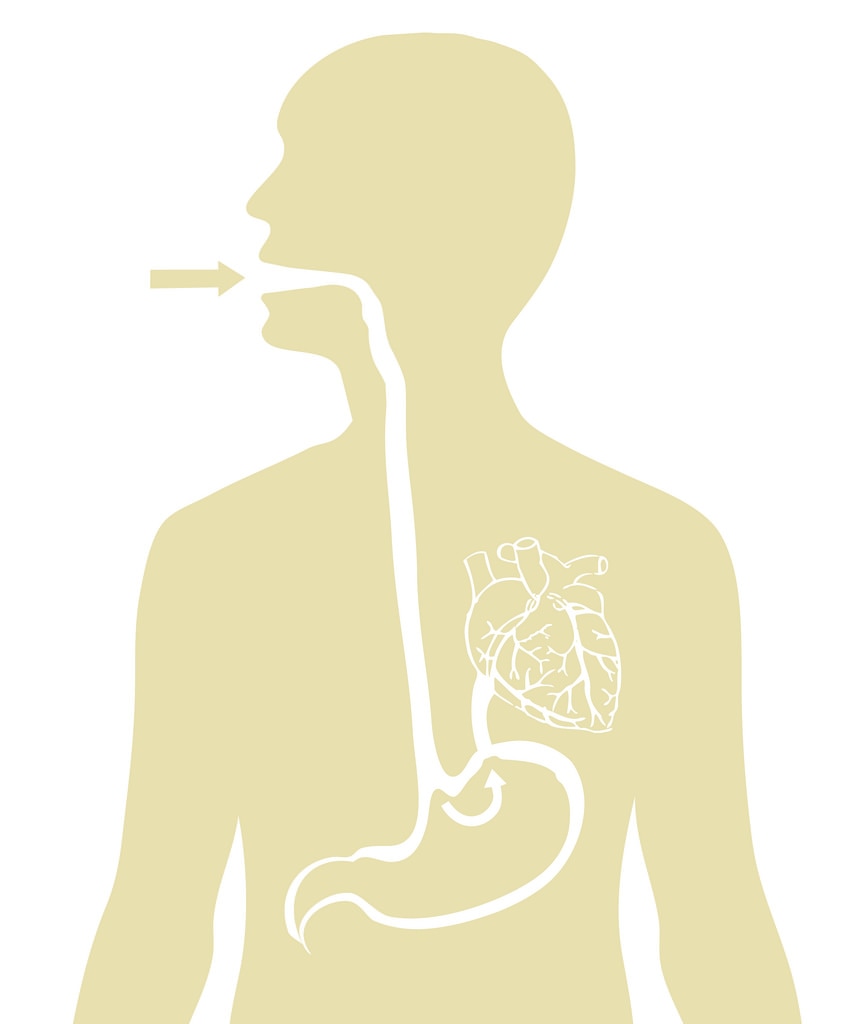

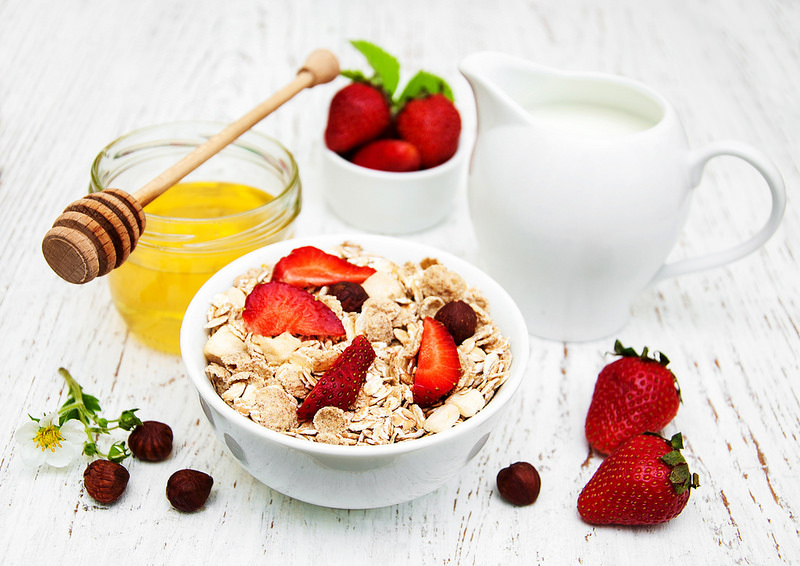
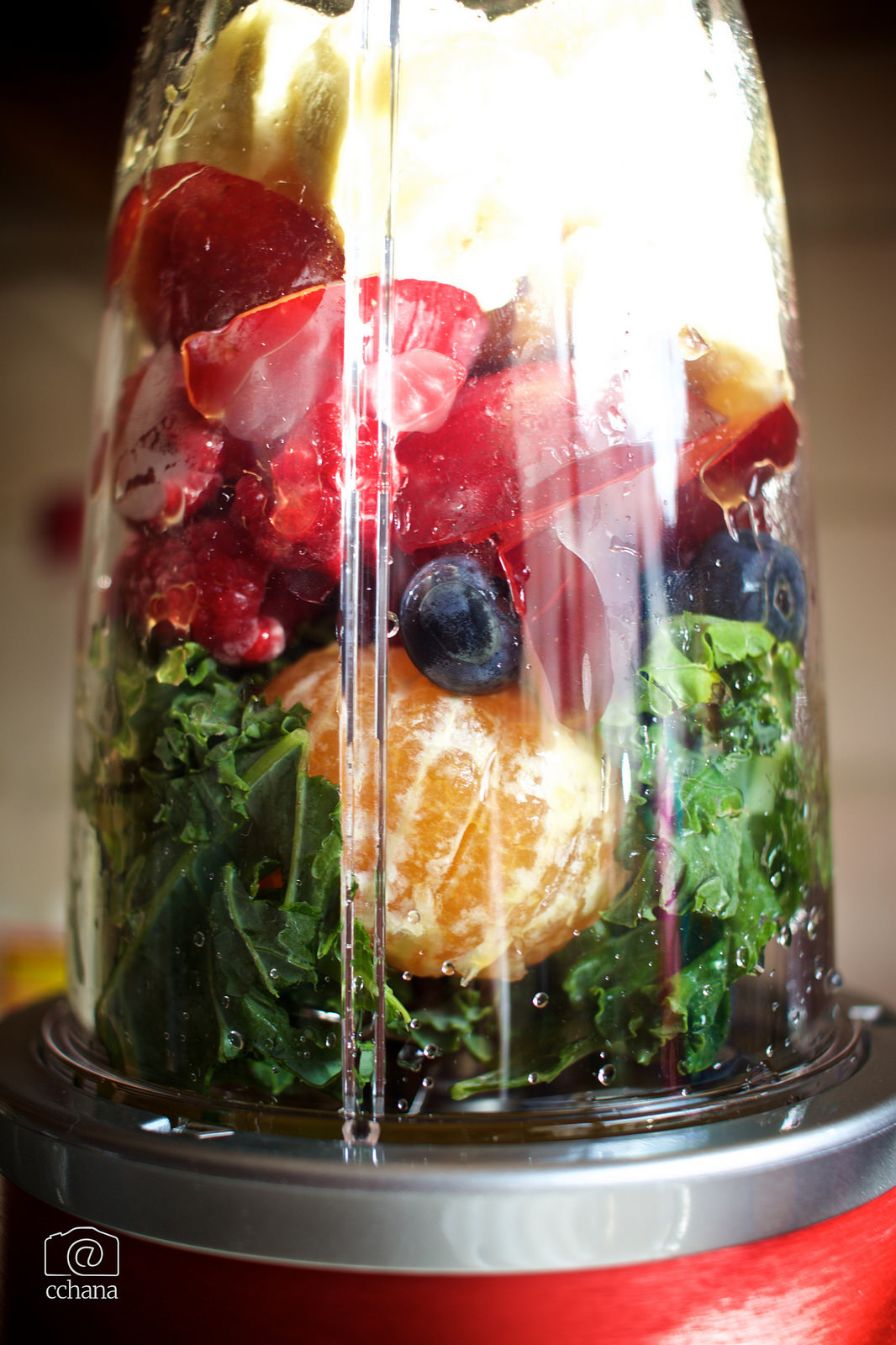





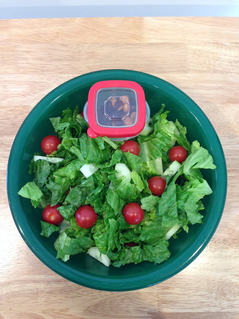


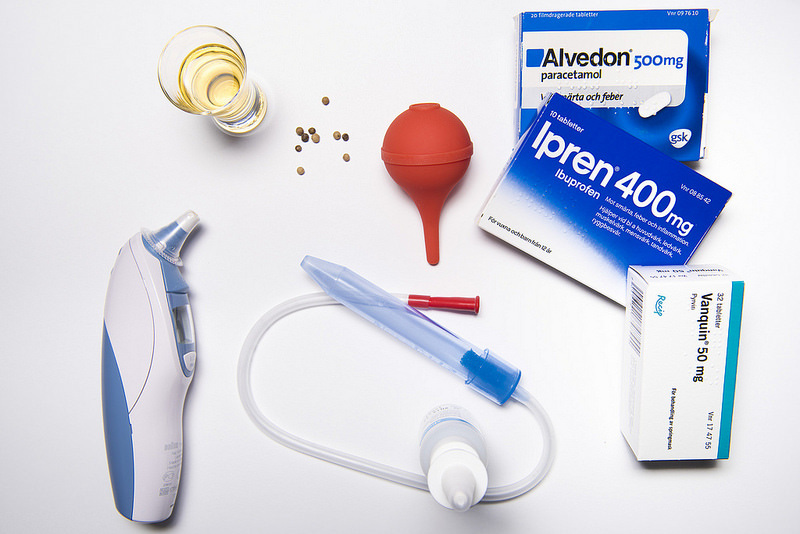
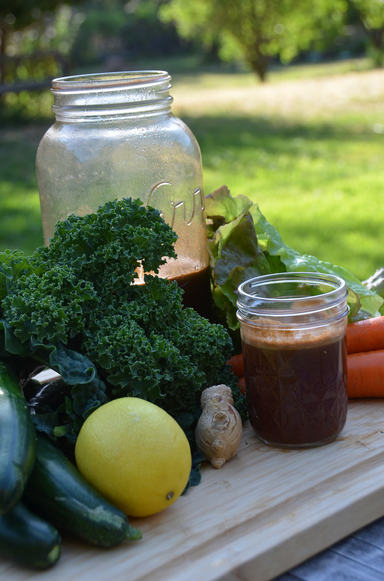



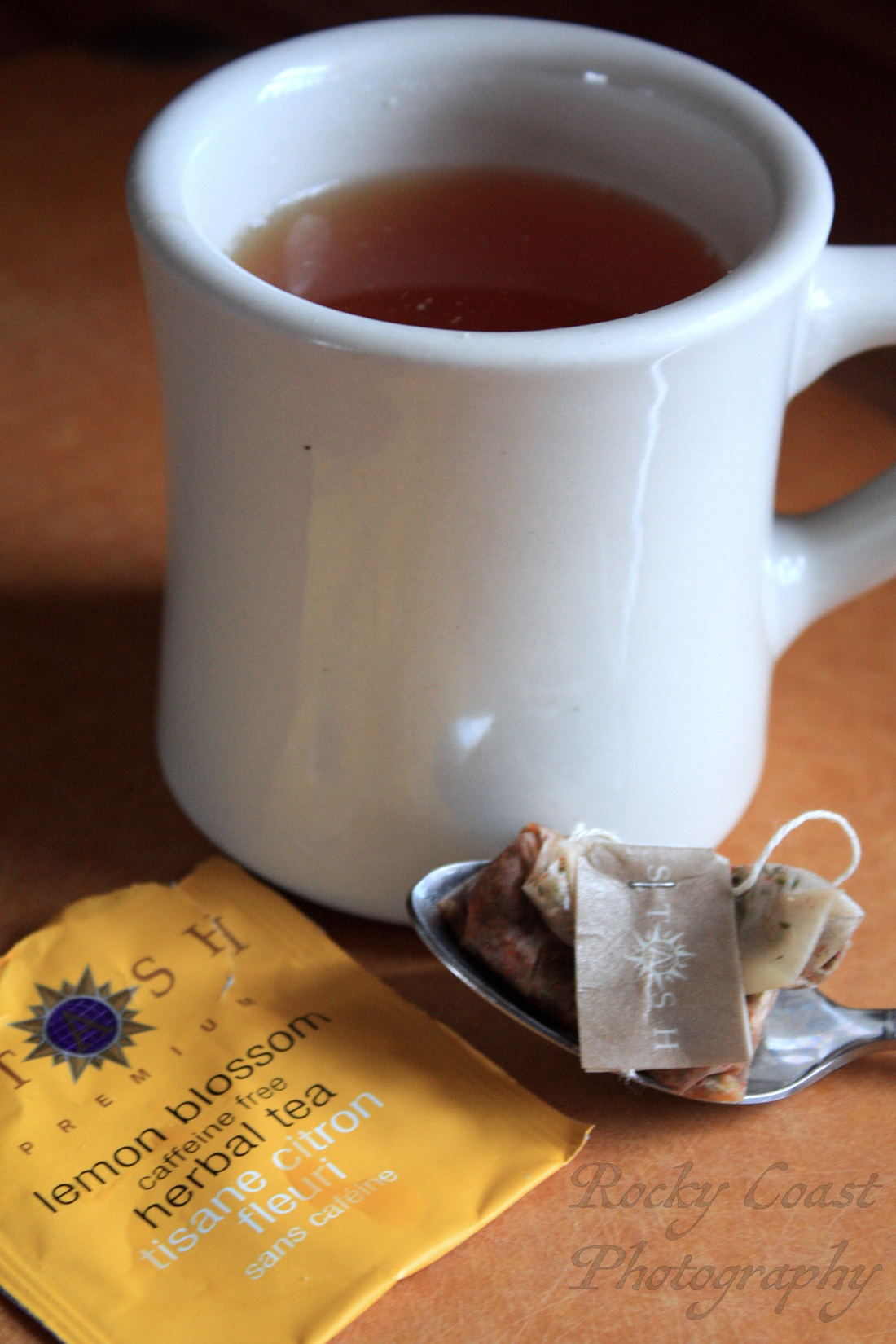

 RSS Feed
RSS Feed
